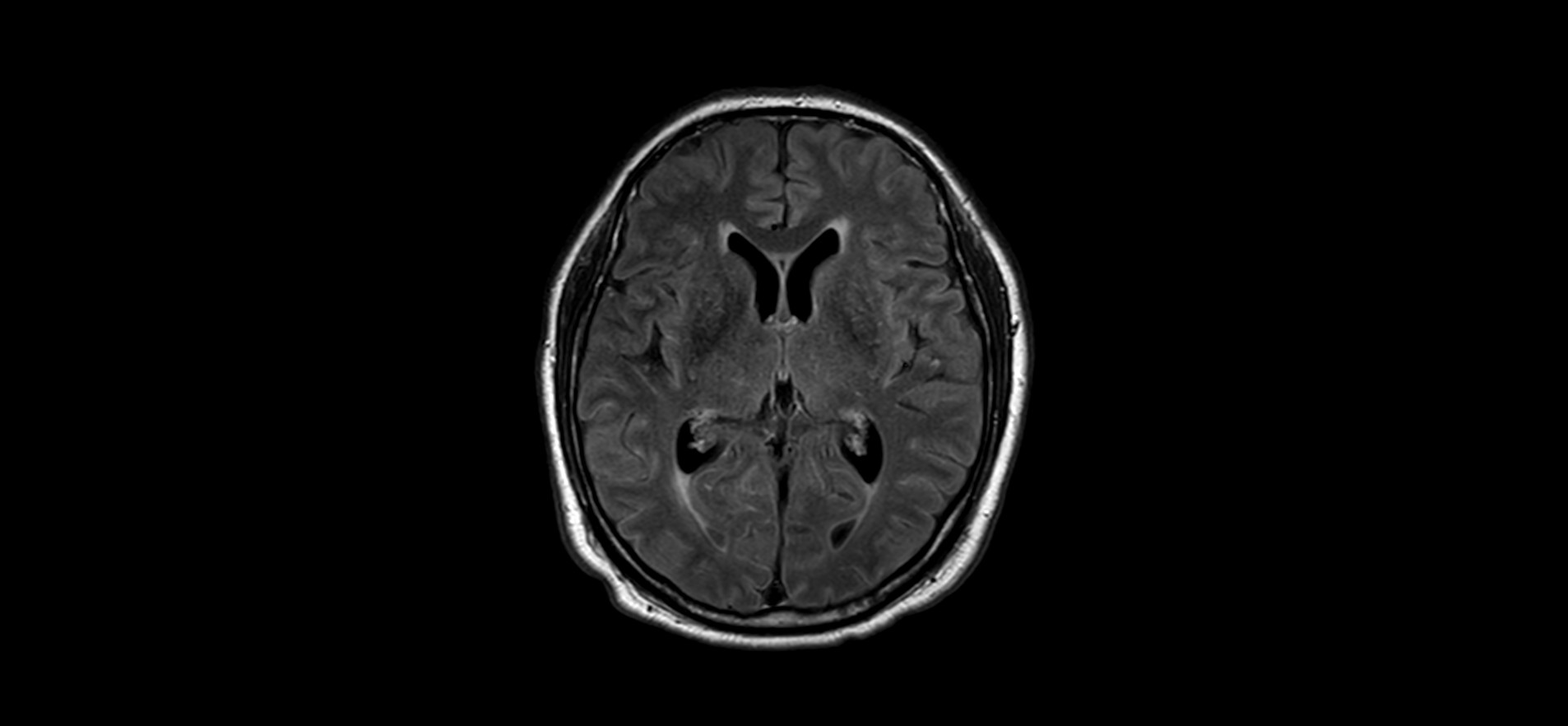Category: Tremor
Objective: We report a case of post-malaria neurological syndrome (PMNS) presenting with tremor in a Korean patient.
Background: PMNS is a rare neurological complication which is occurring after recovery from sever falciparum malaria. While most cases of P. falciparum occur in Africa, it is also rarely reported in East Asia, including South Korea.
Method: Case report
Results: We present the case of a 65-year-old male who presented with resting tremor that had started a month prior. The patient had experienced episodic fever after traveling to Uganda three months earlier and was diagnosed with P. falciparum malaria. He was admitted to an intensive care unit for two weeks and experienced confused mentality and tachypnea but recovered fully without any neurological complaints at the time of discharge. A month after his recovery, the patient reported feeling tremors while using his hands and visited the department of neurology. Upon neurological examination, the patient was alert and oriented. He exhibited postural, kinetic, and resting tremors in his hands, but did not have ataxia, parkinsonism, or gait disturbance. A brain MRI was conducted to investigate the newly developed tremors, which revealed diffuse leptomeningeal enhancement. Following the brain MRI, the patient exhibited confused mentality, memory impairment, and worsening of tremors a week later. Cerebral fluid (CSF) analysis was performed, revealing a white blood cell count of 37/µL with 66% lymphocytes, an elevated protein level of 190.6 mg/dL, and a glucose level of 81 mg/dL. CSF studies for viral, bacterial, and antineuronal antibodies all returned negative results. The patient was initially started on acyclovir, which was subsequently discontinued after laboratory results returned negative. Based on clinical evaluation, a diagnosis of PMNS was made, and prednisone therapy was initiated at a dose of 1 mg/kg/day. The patient’s mentation and tremor began to improve the following day, and the steroids were tapered off over a period of five days with complete recovery. Subsequent follow-up at 6 months revealed a normal neurological examination, indicating the effectiveness of prednisone therapy in treating PMNS.
Conclusion: This case highlights the rare occurrence of post-malaria neurological syndrome and the importance of considering it as a potential diagnosis in patients who have recovered from severe falciparum malaria and subsequently develop neurological symptoms.
To cite this abstract in AMA style:
JS. Lee, JH. Ahn, JY. Youn, JH. Cho. A Case of Post-malaria neurological syndrome presenting with tremor [abstract]. Mov Disord. 2023; 38 (suppl 1). https://www.mdsabstracts.org/abstract/a-case-of-post-malaria-neurological-syndrome-presenting-with-tremor/. Accessed March 31, 2025.« Back to 2023 International Congress
MDS Abstracts - https://www.mdsabstracts.org/abstract/a-case-of-post-malaria-neurological-syndrome-presenting-with-tremor/

